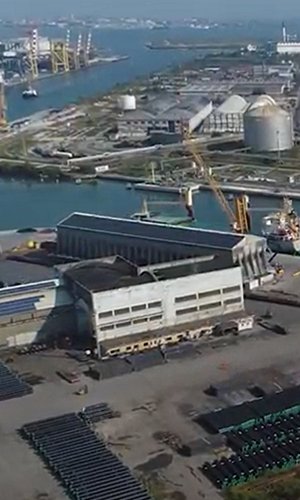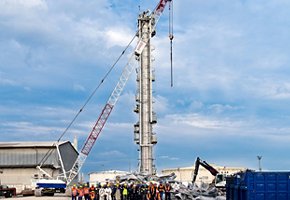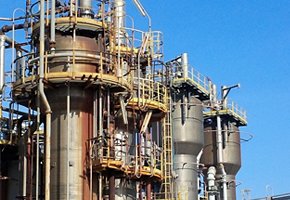The Syracuse petrochemical hub was created as part of the industrialisation plan for southern Italy after the Second World War. This plan was implemented in eastern Sicily by setting up plants for refining oil and processing its derivatives. Since its foundation in 1956, the Priolo Gargallo industrial plant has expanded significantly in the oil and chemical sectors, changing hands many times. In 1991, following a transaction with Enimont, the Eni group entered the site through Enichem, which acquired the base and intermediate chemical plants as well as the refining facilities from Montedison. A state of environmental emergency was declared during this decade (1990’s) and the site was classified as one of National Priority in 1998. The Priolo site covers 4,000 hectares of land and 10,129 hectares offshore, including the port of Augusta, an important crossroads for commercial shipping in the Mediterranean. Since 2002, Eni's subsidiaries have carried out emergency safety measures and have designed, defined, implemented and managed systems to eliminate contamination. These operations are in compliance with the projects and protocols approved by the Ministry of the Environment and by control bodies to further scale up the reuse of treated groundwater, the adoption of innovative and environmentally friendly technologies and the regeneration of the areas owned by the group.
Our Channels
Your business, our energy
Produtcs and solutions for business and customers Italy and abroad
Go to myeni
Voice search

Priolo
We have used our most innovative and sustainable remediation technologies to regenerate the site.
2001
Start of the remediation process
Montedison
Origin of areas
~ 4,000 ha (of land)
Surface area of the Priolo Site of National Priority, of which 291 are owned by Eni Rewind
€ 701 million
Environmental costs at 2024
OPEX € 7.0 mln
Annual water management costs
4,303,853 m³
Water treated in 2024
1,939,737 m³
Water recovered in 2024
The most sustainable remediation technologies serving Priolo
Our activities in Priolo
Eni Rewind inherited approximately 300 hectares of Enichem property and has been carrying out emergency safety measures, as well as soil and groundwater remediation since 2002, in compliance with the decrees issued by the Ministry of the Environment. The Unitary Monitoring Protocol (UMP) of groundwater within the multi-company site was approved by the control bodies and has been active since 2016. It verifies the status and progress of the reclamation, as well as the effectiveness and efficiency of the systems in place. The company has completed the demolition of the Dichlorethane (DL1), Alkaline Carbonates (CS9) and Propylene Oxide (PO) plants, while the chlor-alkali plant is awaiting authorisation.
Read about our other remediation projects
We have carried out environmental remediation and regeneration activities in former industrial and brownfield sites.
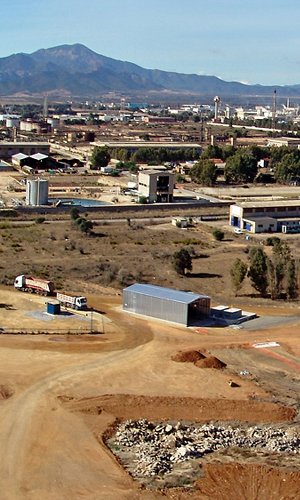
Assemini
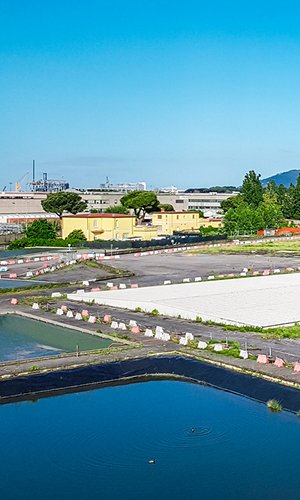
Avenza

Brindisi
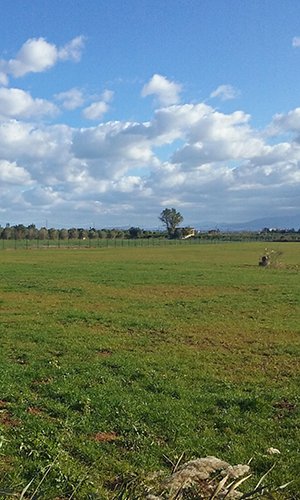
Cassano-Cerchiara
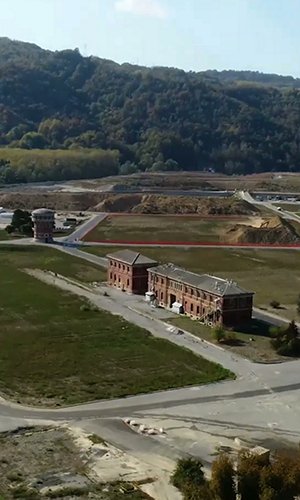
Cengio and Saliceto
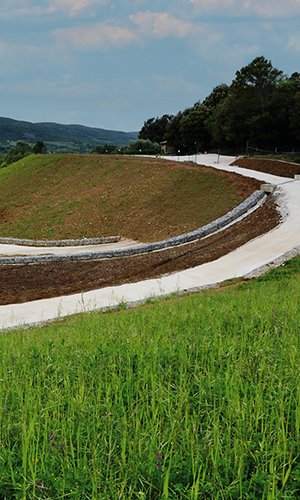
Colline Metallifere

Crotone
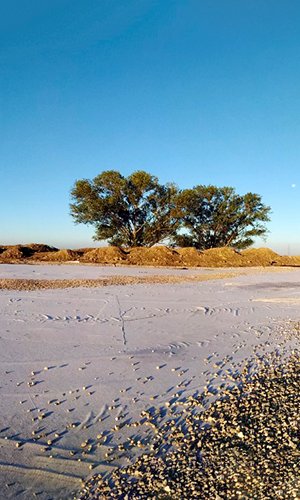
Ferrara
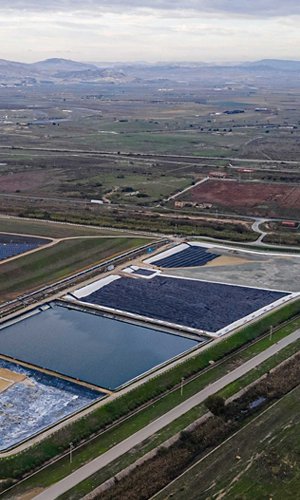
Gela
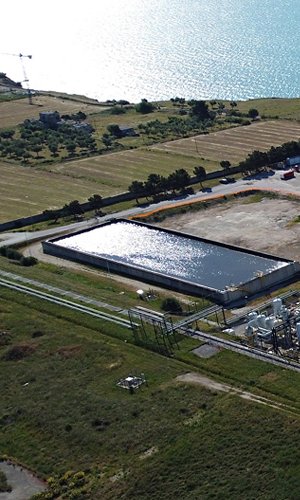
Manfredonia
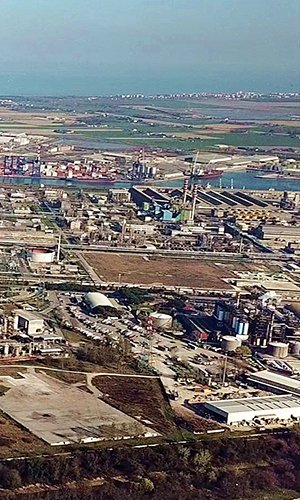
Ravenna
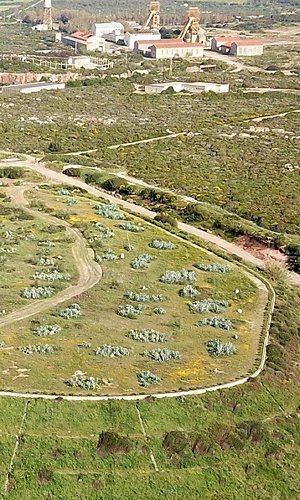
Sa Canna
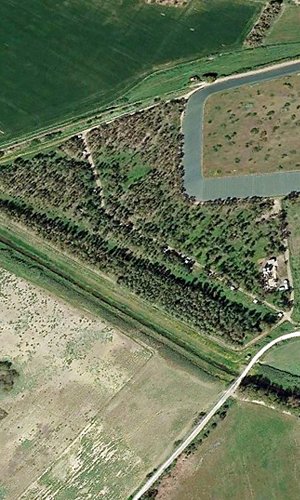
Sa Piramide
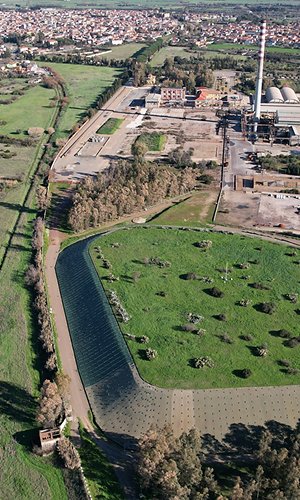
San Gavino Monreale
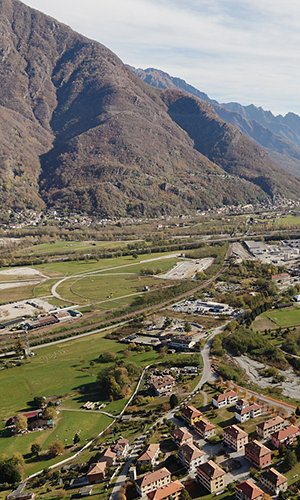
Pieve Vergonte
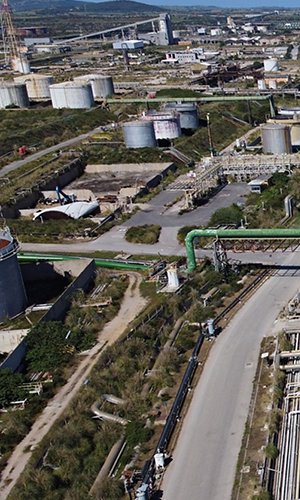
Porto Torres
